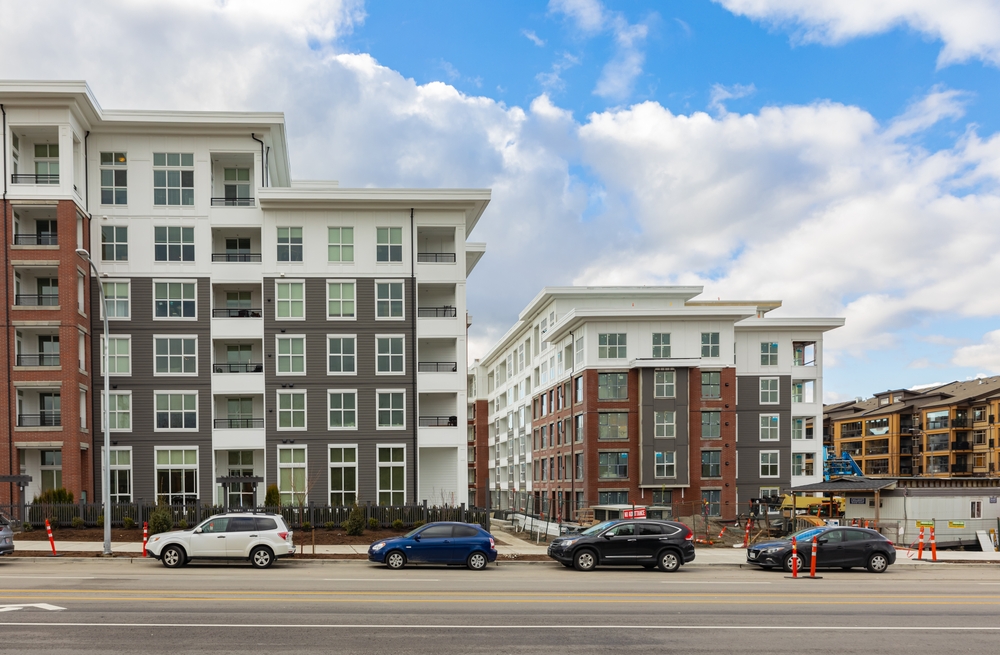THREAD: A @CIS_org report claims that refugees cost the govt more than they contribute. But the report inflates costs and reaches overconfident conclusions.
Left plot: CIS estimates. Right plot: w/ descendant effects and w/o educational downgrading niskanencenter.org/the-weak-case-…
Left plot: CIS estimates. Right plot: w/ descendant effects and w/o educational downgrading niskanencenter.org/the-weak-case-…
.@CIS_org's method of calculating avg refugee cost: 1) start with estimates of the lifetime fiscal impact of immigrants by age+edu from @theNASEM report 2) add costs for refugee resettlement/welfare, 3) apply estimates to refugees based on their age+education in the 2016 (ASR).
The ASR includes a question on educational attainment, but rather than rely on refugees' responses, CIS report opts to subject their answers to arbitrary cutoffs based on the ASR's years of schooling question, effectively downgrading educational attainment.
CIS also ignores the economic benefits that come from refugees' children (departing from @theNASEM's estimate). This allows CIS to claim a much higher degree of certainty around its estimates than is warranted.
This omission shrinks the distribution of possible estimates reported by CIS drastically and is less an issue of misestimation than overconfidence.
We're left with no evidence that refugees are a net fiscal cost, but a method that gives an underwhelming spread of possible fiscal impacts on both sides of zero. Accounting for several dubious decisions reveals overstated costs and overstated confidence.
So @CIS_org's report isn't exactly the best for backing up the claim that refugees impose a fiscal burden on Americans (one of the key claims the administration has used to justify its policy of slashing refugee admissions). Is there anything better?
The best study on the fiscal impact of refugees found their net fiscal impact to be positive, estimating that within 20 years, refugees pay tens of thousands of dollars more in taxes than they receive in benefits. nber.org/papers/w23498#….
Back in 2017, @juliehdavis and @SominiSengupta found that the administration was trying to suppress a study it had commissioned from HHS (on the grounds that HHS was tasked with looking only at the costs of refugee resettlement and not the benefits).
nytimes.com/2017/09/18/us/…
nytimes.com/2017/09/18/us/…
(HHS had concluded that refugees were a net fiscal boon, bringing in $63 billion more in revenue than they received in expenditures.) niskanencenter.org/suppressing-be…
The Trump administration has suppressed or ignored the evidence in favor of refugees while cherry-picking from overconfident reports that support its agenda. It's all very telling, isn't it?
Read @JeremyLNeufeld's full analysis here. niskanencenter.org/the-weak-case-…
Read @JeremyLNeufeld's full analysis here. niskanencenter.org/the-weak-case-…
(may be of interest to @TomJawetz @doug_rand @TheToddSchulte @ReichlinMelnick @MarioHLopez @crampell @LizMair @Tanvim @SpeakSamuel @shikhadalmia).
• • •
Missing some Tweet in this thread? You can try to
force a refresh












